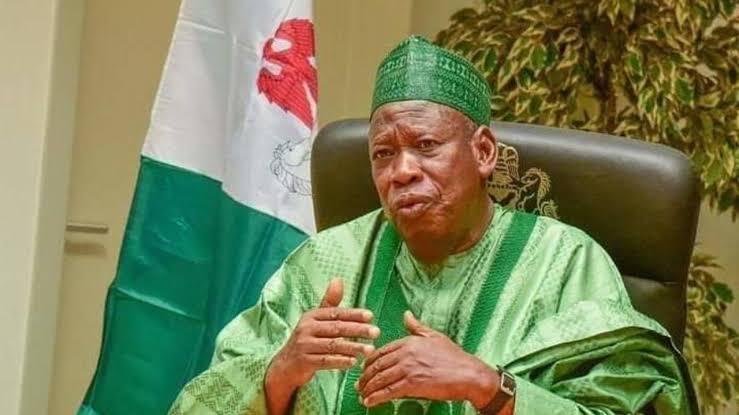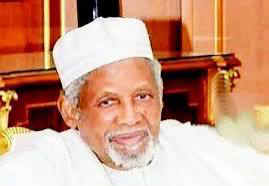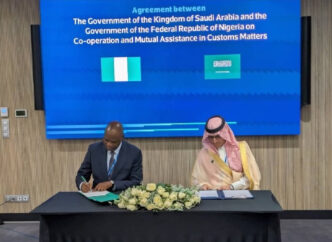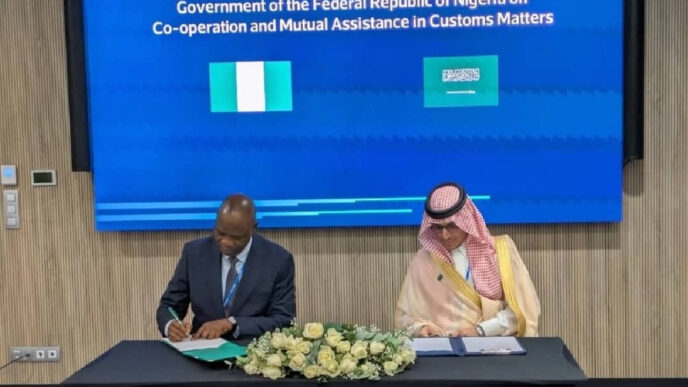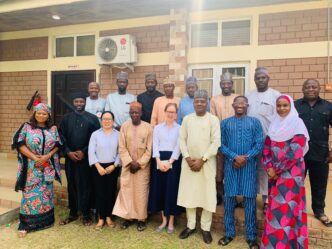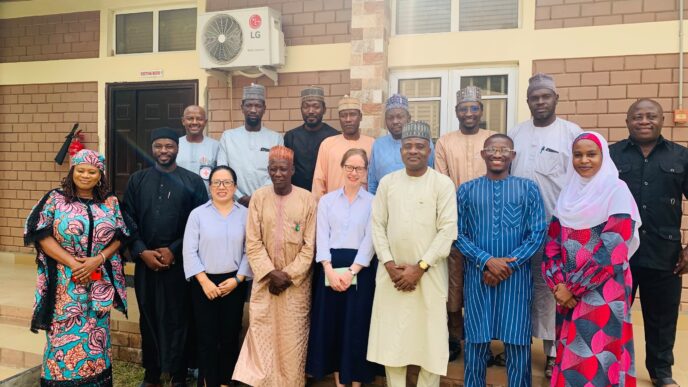World Bank has listed 39 countries where conflict and instability worsen poverty and food insecurity.
Gatekeepers News reports that in a report released on Friday, the bank highlighted that the affected countries, a mix of low- and middle-income economies across various regions, are experiencing extreme levels of poverty largely due to ongoing or prolonged unrest.
The list includes Afghanistan, Burkina Faso, Cameroon, Ethiopia, Libya, Mali, Nigeria, Sudan, Ukraine, and Zimbabwe. According to the World Bank, 21 out of the 39 countries are currently embroiled in active conflict.
According to the report, extreme poverty is growing faster and taking a devastating toll on the economies, intensifying acute hunger, and pushing several key development goals farther out of reach.
In contrast to other developing economies that have experienced modest growth, the economies of conflict-affected nations have shrunk by an average of 1.8% annually since 2020. Meanwhile, other developing economies have grown by 2.9% per year.
The report stated, “This year, 421 million people are struggling on less than $3 a day in economies afflicted by! Conflict or instability—more than in the rest of the world combined.”
“That number is projected to rise to 435 million, or nearly 60% of the world’s extreme poor, by 2030.”
Indermit Gill, Chief Economist at the World Bank Group, noted that although global attention has been centered on the conflicts in Ukraine and the Middle East, more than 70% of those suffering from conflict are in Africa.
He said, “Yet, more than 70 percent of people suffering from conflict and instability are Africans. Untreated, these conditions become chronic.”
“Half of the countries facing conflict or instability today have been in such conditions for 15 years or more. Misery on this scale is inevitably contagious.”
The report also notes that, unlike other developing nations, economies affected by conflict have failed to create enough employment to match population growth, making poverty even more entrenched.
Ayhan Kose, the World Bank’s Deputy Chief Economist and Director of the Prospects Group, stressed the need for greater international focus and intervention.
He said, “The global community must pay greater attention to the plight of these economies. Jumpstarting growth and development here will not be easy, but it can be done-and it has been done before.”
Kose noted that with targeted policies and stronger international support, policymakers can prevent conflict, strengthen governance, accelerate growth, and create jobs.




